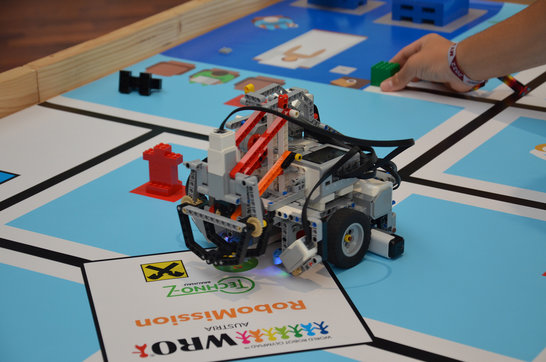The World Robot Olympiad (WRO), one of the world’s largest robotics contests, is expanding rapidly across Africa, growing from just five participating nations in 2020 to 14 in 2025, with over 40,000 young people taking part this season. The initiative aims to equip African youth with vital skills in coding, engineering, and artificial intelligence to prepare them for future careers.
According to the organizers, more than 2,000 teachers across the continent have been trained through partnerships with global organizations such as Google, the United Nations Economic Commission for Africa, and WRO’s own network of educators and industry partners.
Each year, students in the WRO competition design and build robots to solve real-world challenges. The 2025 theme, “The Future of Robots,” has inspired numerous bootcamps and workshops across African countries, reaching learners in underserved areas and special needs communities.
National winners will go on to represent Africa at the WRO International Final in Singapore this November, competing alongside teams from more than 90 countries.
In Zimbabwe, Team FutureSight, champions of the National Senior Category, created an AI-powered voice assistant to help visually impaired users navigate daily life. The project is being localized into African languages to enhance accessibility and inclusion.
In South Africa, the journey of Karabo Rithuri showcases how WRO fosters both technical expertise and leadership. Rithuri joined the program at age 13, represented her country at the international finals in Malaysia, and later founded a robotics club after it was discontinued at her school. She now holds degrees in finance and IT, serves as a WRO judge, and mentors students in township communities.
“WRO gave me a voice, and now I want to make things even better for the next generation,” she said.
WRO Secretary General Claus Ditlev Christensen hailed the competition’s expansion in Africa as a key milestone, emphasizing its impact in inspiring young people through STEM. “We are proud to see African students not only building technical skills but also developing innovative solutions that address real community needs,” he stated.
With Africa’s rapidly growing youth population, the WRO is being recognized as a vital platform for nurturing innovation, developing skills, and fostering global collaboration.




